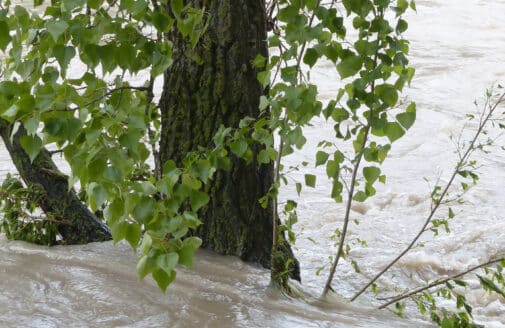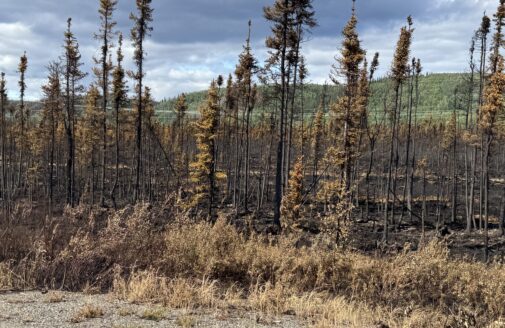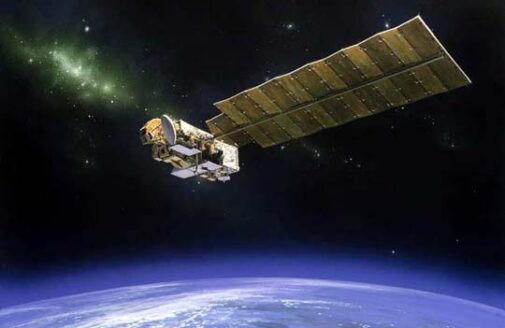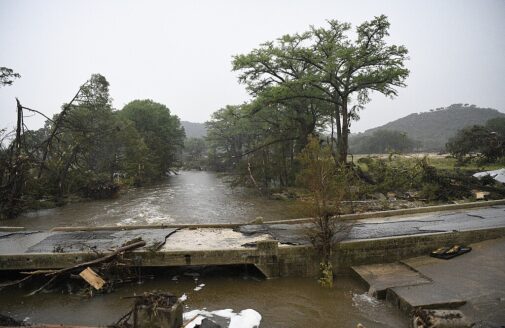We need to do more
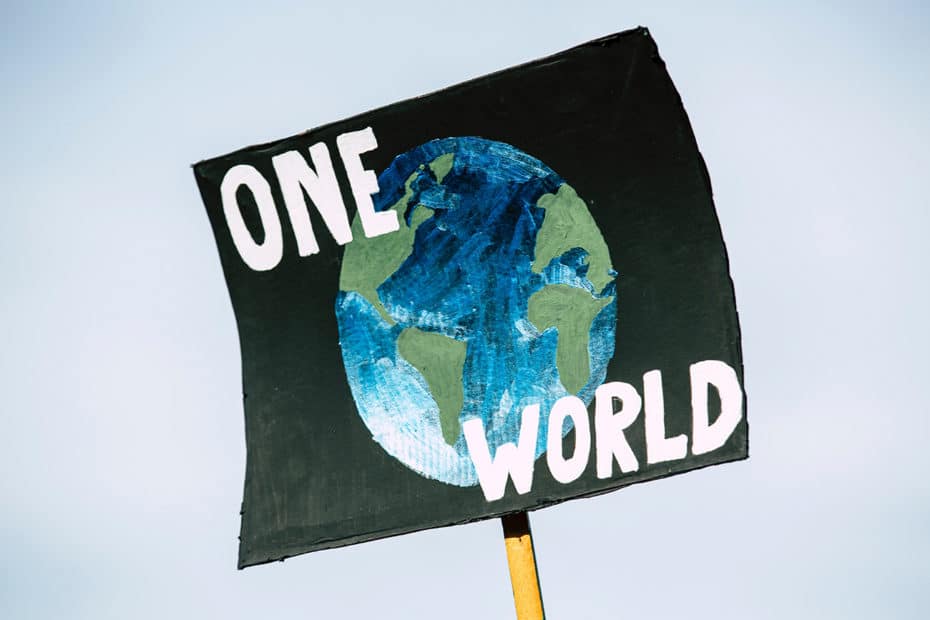
The Biden administration is putting far more energy and resources into stopping climate change than any presidential administration before it. The private sector is beginning to take climate change seriously—thanks in part to our work—and philanthropic support for climate work is growing. These are encouraging developments and I am proud of what we’re accomplishing at Woodwell Climate. However, the challenges humanity faces are imposing, to say the least, and the global situation demands that we do even more.
It is bad enough that humanity is making insufficient progress towards meeting our goal of limiting global warming to 1.5° or 2°C. Beyond this, however, I and other scientists increasingly feel that these goals are not sufficiently strict, and that the scenarios we have developed for meeting them are not realistic.
In 2020, climate impacts became impossible to ignore. Examples included fire in Australia and California, record tropical cyclone activity in the N. Atlantic, and extreme heat in the Arctic and elsewhere. Globally, 2020 tied for the warmest year on record, even though it was a La Nina year, which tends to make it cooler.
These impacts, and more, occurred at approximately 1.1°C of global warming. Consequences will be much more harmful at 1.5 or 2°C. Our work (and work by others) shows that parts of the world will be difficult to inhabit in that temperature range. This will have socio-economic impacts which are likely to be fundamental, rather than incremental. Perhaps most profound is that pressure towards mass migration will tend to cause political instability and conflict. This will make it even more difficult to mobilize the resources and to obtain the international cooperation needed to manage climate change.
Warming of 1.5 or 2°C also raises some important longer-term issues, including massive sea level rise over the next few centuries and the possibility that the climate won’t be stable at 1.5 or 2°C of warming, even if humans stop all emissions of greenhouse gases. This is because greenhouse gas emissions from biotic sources like thawing permafrost may continue to drive global warming.
And yet, most scenarios which limit warming to 1.5°C, including those of the United Nations, ignore greenhouse gas emissions from thawing permafrost. We don’t know very accurately what these emissions are today or will be in the future—that is a major focus of our work here—but clearly these emissions are enough to greatly increase the challenge of limiting warming to 1.5°C.
That challenge is made even greater by the fact that necessary emissions reductions haven’t been happening. Delay results in accumulation of more carbon in the atmosphere, making the needed emissions reductions, when they do happen, even more rapid. Furthermore, scenarios which limit global warming to 1.5°C assume removal of massive amounts of CO2 from the atmosphere—more than can be accomplished via natural climate solutions like reforestation. We don’t know how to do CO2 removal at the scale needed, and incentives which would encourage large-scale implementation aren’t in place.
We all must do more
Our current situation demands immediate action and a better plan. We need to go full speed ahead on the fundamental things we already know how to do: deploying low-carbon energy generation; implementing natural climate solutions, developing and implementing other forms (geologic and chemical) of CO2 removal. There is no danger of doing too much, and great danger in doing too little.
In addition, we need to develop an achievable, science-based plan to preserve an acceptable future, taking into account the risks described above and giving due consideration to all our options.
Our mission—to provide science needed to inform policies and decisions addressing climate change—is more important and more urgent than ever. But the dire situation outlined above means that we need to make every effort to increase our impact. We can and will work to engage the new Administration and leverage growing private-sector involvement. Above all, we must be bold and take steps that will motivate action commensurate with the scope and scale of the crisis.
Humanity won’t meet the challenge of climate change without more of us understanding what’s at stake, and without those—like you—who do understand being part of the solution. Set an example in your daily life and help make environmental stewardship the norm. Engage politically, at the local, state or national level. And get involved with organizations (there are many) doing great work on every aspect of climate change.
This is a time for increased ambition. For Woodwell Climate, this means being willing to take risks and do things differently—differently from how we have in the past and from how other organizations operate. We should not fear controversy. George Woodwell was never afraid to speak truth to power, and the passage of time has proven his wisdom. The reason for that, and the reason he was able to foresee many of the consequences of climate change before nearly everyone else, is that his views were founded in science—physical principles which are timeless. If we go where those principles lead us, we’ll succeed.
Thank you for all you do in support of this cause. As I once heard Gina McCarthy say (movingly if not with syntactical perfection) “The world needs heroes, and you’re it.”




